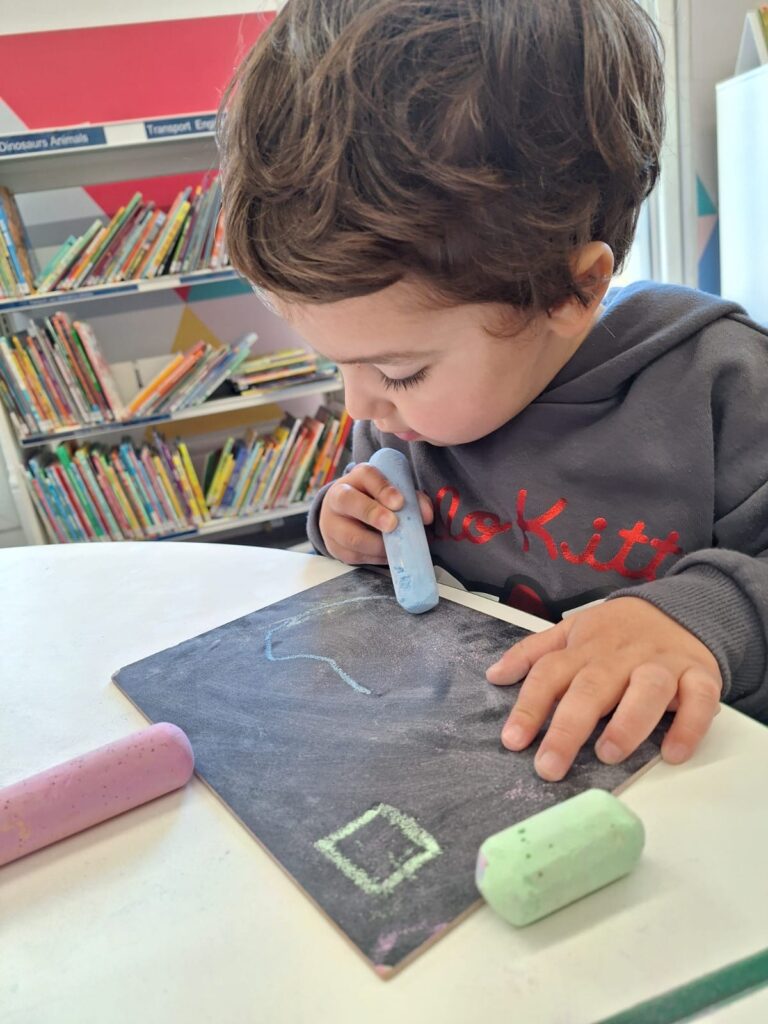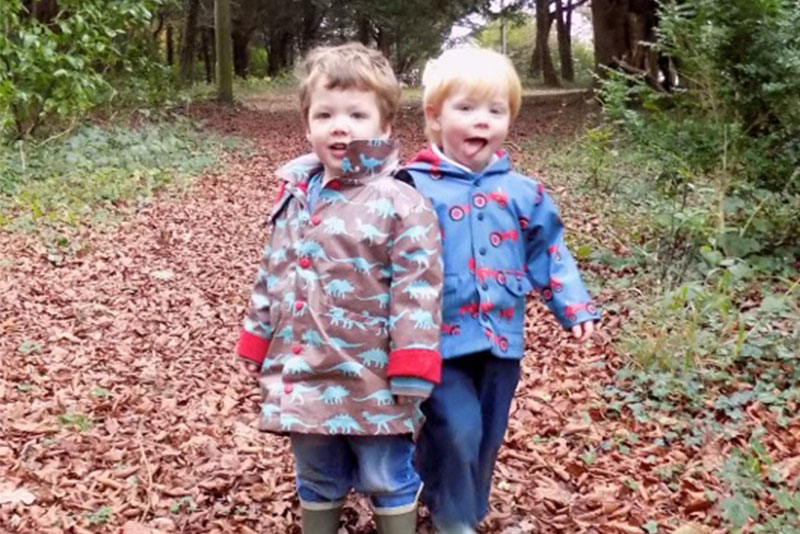Eco Montessori is an educational approach that beautifully merges Montessori principles with a strong focus on nature, sustainability, and experiential learning.
This philosophy nurtures curiosity, independence, and a deep connection with the environment, helping children grow into confident, mindful, and capable individuals.
At the heart of Eco Montessori is child-led learning. Children are encouraged to follow their interests, exploring activities that captivate them, whether it’s tending a garden, observing wildlife, or experimenting with natural materials.
This self-directed approach aligns with Montessori’s belief that children learn best when they actively engage with meaningful experiences, fostering problem-solving skills, creativity, and intrinsic motivation.
Our most recent Ofsted report highlighted the following:
”Children have incredible opportunities to learn about the world around them through engaging and thoughtful experiences. For example, pre-school children learn about the properties of plants as they ‘peel’ petals from flowers. Staff support children to extract colours from petals and leaves by placing them in between pieces of fabric before ‘bashing’ them with a hammer. Children show fascination as they watch the dye from the petals transfer onto the fabric to create prints. Children learn that ‘chlorophyll’ gives the petals their colour”
Hands-on, experiential learning is another cornerstone. Montessori classrooms use tactile materials to teach abstract concepts, and Eco Montessori extends this into the natural world.
Children might build small shelters, measure plant growth, or investigate soil and water, making science, maths, and environmental lessons tangible. Direct engagement with the environment ensures that learning is both meaningful and memorable.
Eco Montessori also emphasizes a deep connection with nature. By encouraging care for the environment, children develop responsibility, empathy, and mindfulness. This mirrors Montessori’s focus on everyday life activities and aligns with the environmental awareness promoted in Forest School philosophies.
Independence and responsibility are nurtured every day. Children learn to care for themselves, manage their activities, and contribute meaningfully to their environment.
They water plants, set the table for lunch, and dress themselves— everyday life skills that foster confidence and self-reliance. Through collaborative projects and outdoor responsibilities, they also develop initiative and a strong sense of belonging—key traits that Montessori education has championed for decades.
Our latest Ofsted report highlighted this. “Children are becoming increasingly independent in their self-care skills. For instance, staff encourage babies to use spoons to feed themselves from an early age. Toddlers learn to manage their personal care needs and wash their hands before mealtimes. Older children skilfully use knives to cut up their own fruit at snack time. This helps children to learn lifelong skills ready for their future.”
Finally, Eco Montessori supports holistic development, nurturing cognitive, social, emotional, and physical growth simultaneously. Children develop emotional intelligence, collaboration skills, and resilience alongside academic knowledge.
By combining Montessori’s structured, child-centred approach with nature-based, experiential learning, Eco Montessori creates a rich environment where children thrive academically, socially, and emotionally.
In essence, Eco Montessori demonstrates that Montessori principles and nature-based education are not just compatible—they are complementary. By blending child-led exploration, hands-on learning, environmental stewardship, and holistic development, Eco Montessori empowers children to become curious, independent, and connected learners who care deeply for the world around them.





